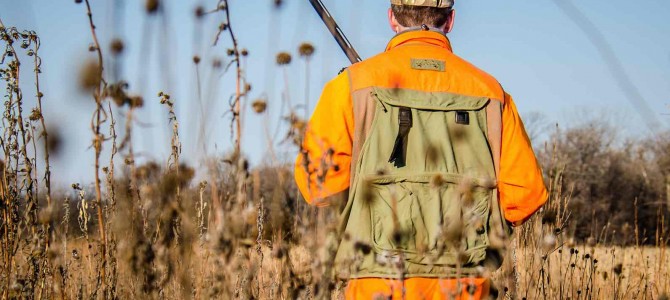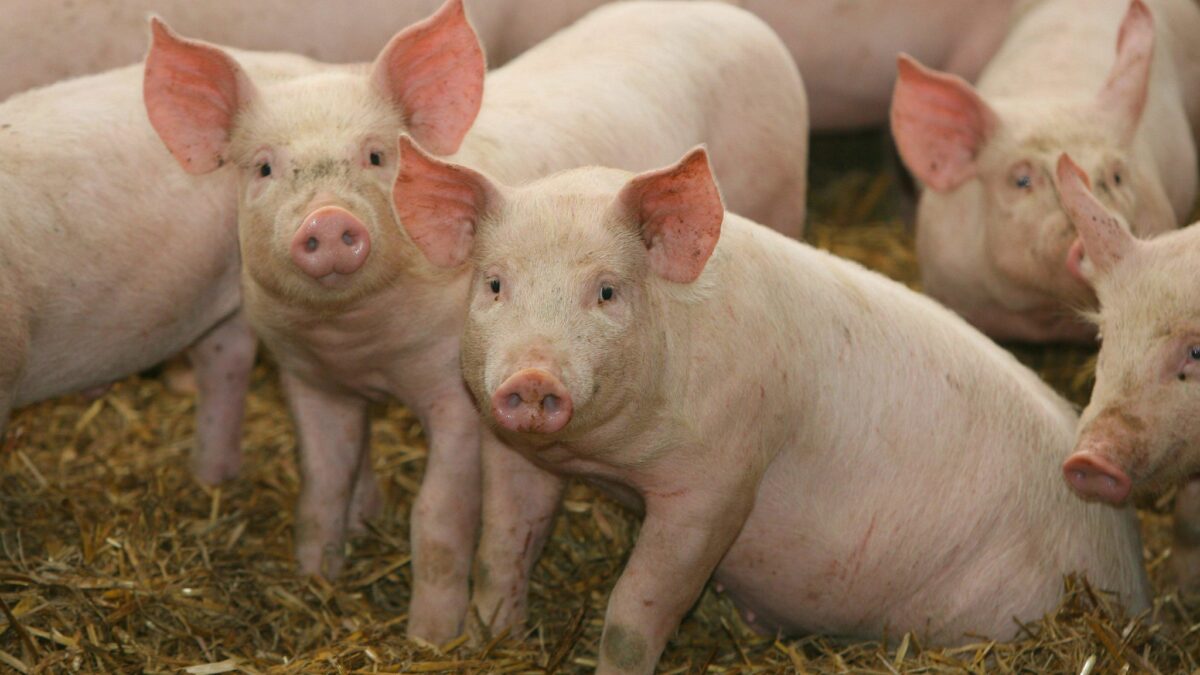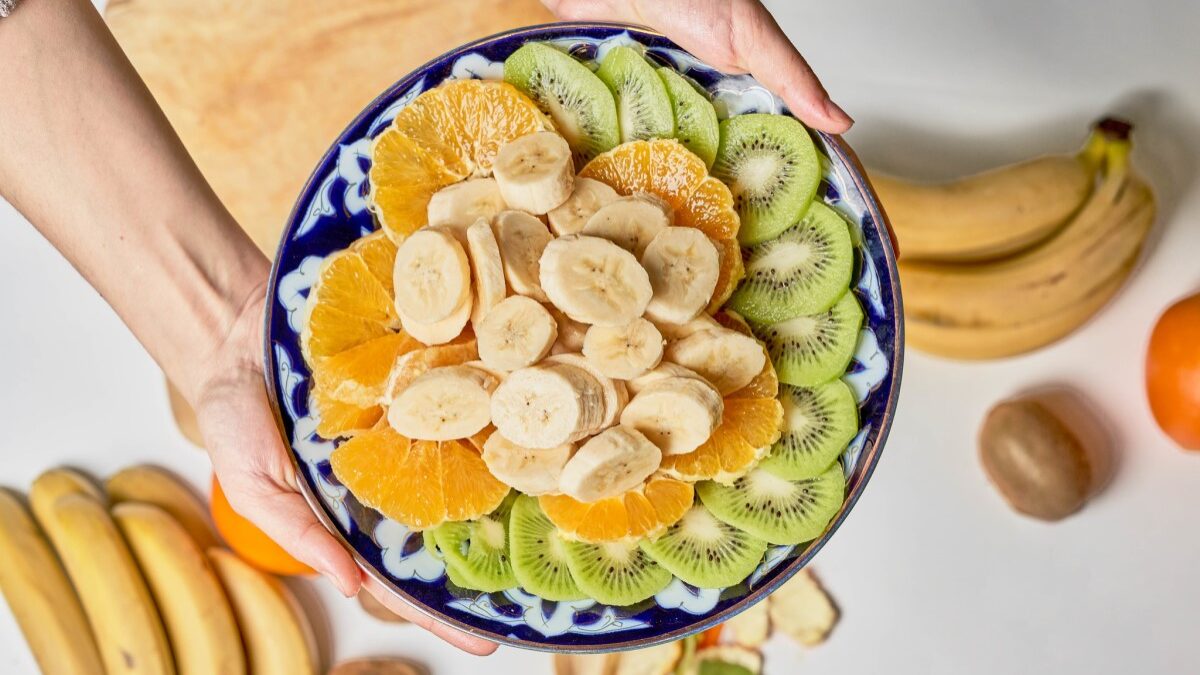
I still remember my first experience with wild game. It was in Mrs. Overstreet’s class in the small elementary school of a rural central Indiana town. My father was not a hunter. He fished, but only for recreation, so when a tall man in a coonskin hat showed up to school that morning holding what I assume was a fake hunting rifle (although in rural Indiana, one never knows) and telling us we were going to eat rabbit and deer meat, I may have done a bit of pearl-clutching.
Flash forward 26 years, and here I am planning a weekly dinner menu for my family consisting mostly of wild game. I’ve only been cooking wild game for about three years. Neither my husband nor I are hunters, and we only fish for recreation, but when we moved near a retired uncle with too much time in one hand and a hunting rifle and fishing rod in the other, we found ourselves regularly stocked with venison, turkey, and fish.
It was a novelty at first. Cooking with new ingredients was fun, and my boys loved the thrill of eating wild animals. As time went on, however, I realized that we were benefitting tremendously from the wild game and fish in our freezer. It was free, it was healthy, and it tasted fantastic.
Anyone who has more than one mouth to feed has noticed the rising cost in food, and the U.S. Department of Agriculture (USDA) has forecast that meat, poultry, and fish will experience another increase in 2017. Feeding our families is expensive, and it’s not getting any cheaper. If you want to save a significant amount of money on your grocery bill, you have two options: become a “recession vegetarian” or a “recession hunter.” I like to get my vitamin B12 the way God intended, so for those of us who refuse to give up barbecue and a good medium-rare steak, hunting and fishing are a viable cost-saving option.
Compare the Costs
The most commonly hunted large game is deer, also known as venison. As a naturally lean red meat, its conventional counterpart is lean beef. According to USDA data, the average national retail cost for fresh beef is about $5.80 per pound. When you compare the price per pound of beef to the cost of hunting your own game, the savings are substantial.
With hunting, the meat is free. The cost lies in your license, tags, gear, and processing. If you hunt on public land with a rifle and process your own deer, you can spend as little as $1,200 upfront for economy equipment. That might sound like a big chunk of money, and you could spend even more; however, a decent-sized buck can yield upwards of 60 pounds of meat. When compared to $5.80 per pound for beef, you could potentially make back the cost of your initial investment after just one season of hunting.
All the meat you take home thereafter costs you only the price of tags and a box of ammo. If you bring home 200 pounds of meat each season, you can save approximately $1,100 per year. Those savings only increase if you also hunt wild hog, fowl, rabbit, and squirrel. Add in some solid fishing trips, and you have a well-stocked freezer for very little cost.
Fresh, Wild, and Free Eating
A freezer full of wild game and fish will not only save you loads of cash, but wild game is truly some of the healthiest meat you can consume. There has been a lot of talk about the quality of meat we get from factory farms, and rightfully so. Loaded with growth hormones and antibiotics, and living in cramped conditions ripe for the spread of disease, factory-farmed meats, while cheap, may not be the healthiest for us to consume. There are other healthier options such as grass-fed beef, free-range chicken, and pasture raised pork, but they can be difficult to obtain and astronomical in price. Most people just don’t have the choice.
However, wild game is not injected with antibiotics or hormones, feeds on a natural diet, and does not live in a cramped environment, lowering its risk of developing foodborne illness. Not to mention that wild game is leaner than conventional meat. The fact is, wild game is significantly cheaper and significantly healthier than anything you will find at your local grocery store.
Now the important question is, how does it taste? When properly prepared, wild game and fresh caught fish taste great. Marinating is key for tender venison. I make my own with red wine, olive oil, and various seasonings. If the gamey flavor bothers you, soaking venison in salt water overnight before marinating helps.
Ground venison is easily substituted in any ground beef recipe. Throw a roast in the crock pot and cook it on low until it falls apart for delicious pulled venison sandwiches. Wrap your marinated venison back strap in bacon and grill it to a perfect medium rare, and you won’t even miss steak (okay, that might be an exaggeration).
Slow-cooking wild turkey in a crock pot with broth leads to moist, fall-off-the-bone meat you can use in a number of recipes from turkey bog to turkey and mushroom sauce. Crappie is not only good fried, but it’s great for fish stew, chowder, and fish tacos. The possibilities really are endless, and there is no shortage of recipes online for preparing wild game and fish.
Supplementing your family’s diet with hunting and fishing doesn’t happen overnight, and it isn’t for everyone. If it’s something you’ve considered—even as just an alpha male pipe dream—it can have real benefits for your family’s health and your pocketbook. As Ted Nugent said, “For the Nugent family, fast food is a running herbivore.”









